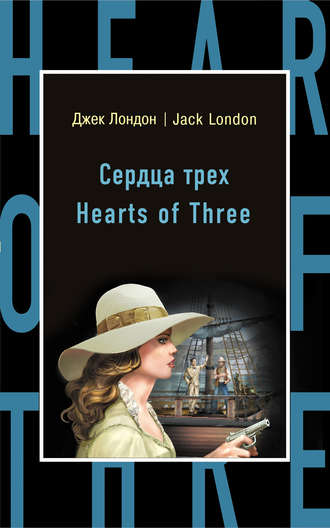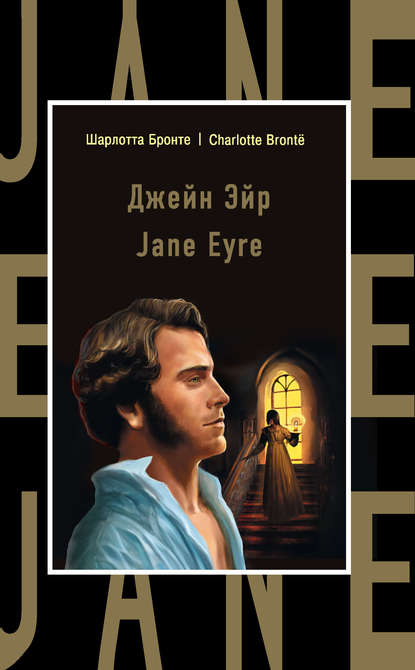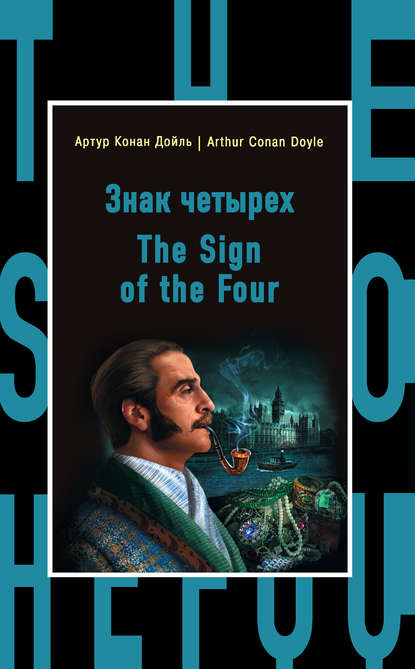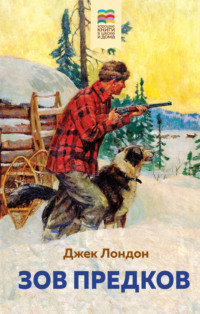Сердца трех / Hearts of Three

Полная версия
Сердца трех / Hearts of Three
Жанр: изучение языкованглийский языклексический материалтекстовый материалохотники за сокровищамиIntermediate levelUpper-Intermediate levelопасные приключениязнания и навыкиклассика жанраклассика приключенческой литературы
Язык: Английский
Год издания: 1920
Добавлена:
Серия «Бестселлер на все времена»
Настройки чтения
Размер шрифта
Высота строк
Поля
Конец ознакомительного фрагмента
Купить и скачать всю книгу











